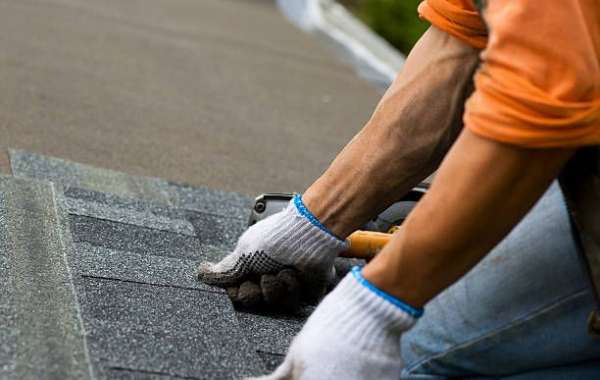Flat roofing has emerged as a favoured choice for many property owners in Toronto due to its unique advantages and practical applications. This article will explore the benefits of flat roofing, the various materials available, and essential maintenance practices, illustrating why it is an optimal roofing solution in Toronto's diverse climate.
Advantages of Flat Roofing
1. Aesthetic Appeal
Flat roofs provide a modern and sleek appearance that enhances the overall aesthetic of buildings. Whether residential or commercial, flat roofing can complement various architectural styles, offering clean lines and a minimalist look that many homeowners and developers appreciate.
2. Space Optimization
One of the standout features of flat roofing Toronto is the additional usable space it provides. This extra space can be transformed into outdoor living areas, such as rooftop terraces, gardens, or lounges. For commercial buildings, flat roofs can accommodate HVAC systems, solar panels, or green roofs, optimizing the entire building’s footprint.
3. Energy Efficiency
Flat roofs can significantly improve a building's energy efficiency. By utilizing reflective roofing materials, property owners can reduce heat absorption, leading to lower air conditioning costs during the hot summer months. This feature is particularly beneficial in Toronto, where energy efficiency is crucial for managing utility expenses.
Popular Flat Roofing Materials
Choosing the right material is critical for the performance and durability of flat roofing. Here are some of the most popular materials used in Toronto:
1. Modified Bitumen
Modified bitumen roofing is a robust option that offers excellent waterproofing properties. It consists of asphalt and polymerized materials that enhance its flexibility and durability. This type of roofing is ideal for Toronto’s varied climate, as it can withstand extreme temperatures and weather conditions.
2. Built-Up Roofing (BUR)
BUR systems involve layering tar and gravel to create a durable, weather-resistant surface. This roofing option is known for its longevity and is commonly used in commercial applications. The layers provide added protection against UV rays, making it a suitable choice for the sunny summers in Toronto.
3. Spray Foam Roofing
Spray foam roofing is a relatively newer technology that offers remarkable insulation and waterproofing. This type of roofing expands upon application, creating a seamless barrier against water infiltration. Its insulating properties contribute to energy savings, making it an appealing option for environmentally conscious property owners.
Maintenance Tips for Flat Roofing
Proper maintenance is essential to ensure the longevity and effectiveness of flat roofs. Here are some best practices:
1. Routine Checks
Performing regular inspections is crucial for identifying potential issues early. Look for cracks, blisters, or signs of water pooling during your inspections, and address them promptly to avoid more extensive damage.
2. Drainage Management
Keeping drainage systems clear is vital for preventing water accumulation on flat roofs. Ensure that gutters and downspouts are free of debris, as this will help maintain the roof's structural integrity and prevent leaks.
3. Engage Professionals
While DIY maintenance can be beneficial, hiring professional roofing services for inspections and repairs is advisable. Professionals have the expertise to identify underlying issues that may not be visible during casual inspections.
Conclusion
In conclusion, flat roofing in Toronto is a practical and stylish option for both residential and commercial properties. With its numerous advantages, including aesthetic appeal, space optimization, and energy efficiency, it is a compelling choice for property owners. Understanding the various materials and maintenance practices is essential for maximizing the lifespan and performance of flat roofs. By investing in this roofing solution, Toronto residents can enjoy both functionality and elegance in their buildings.




